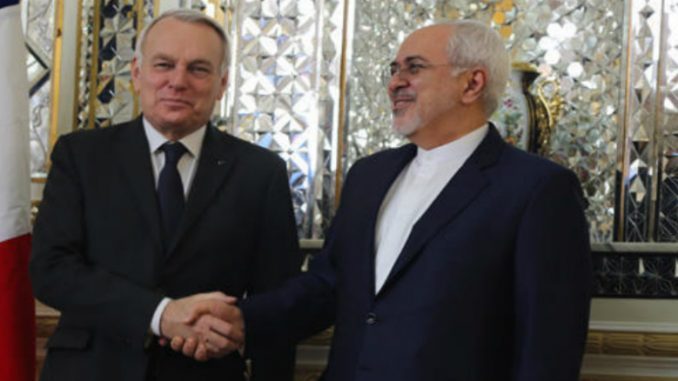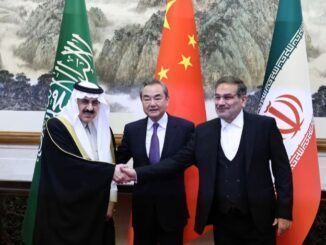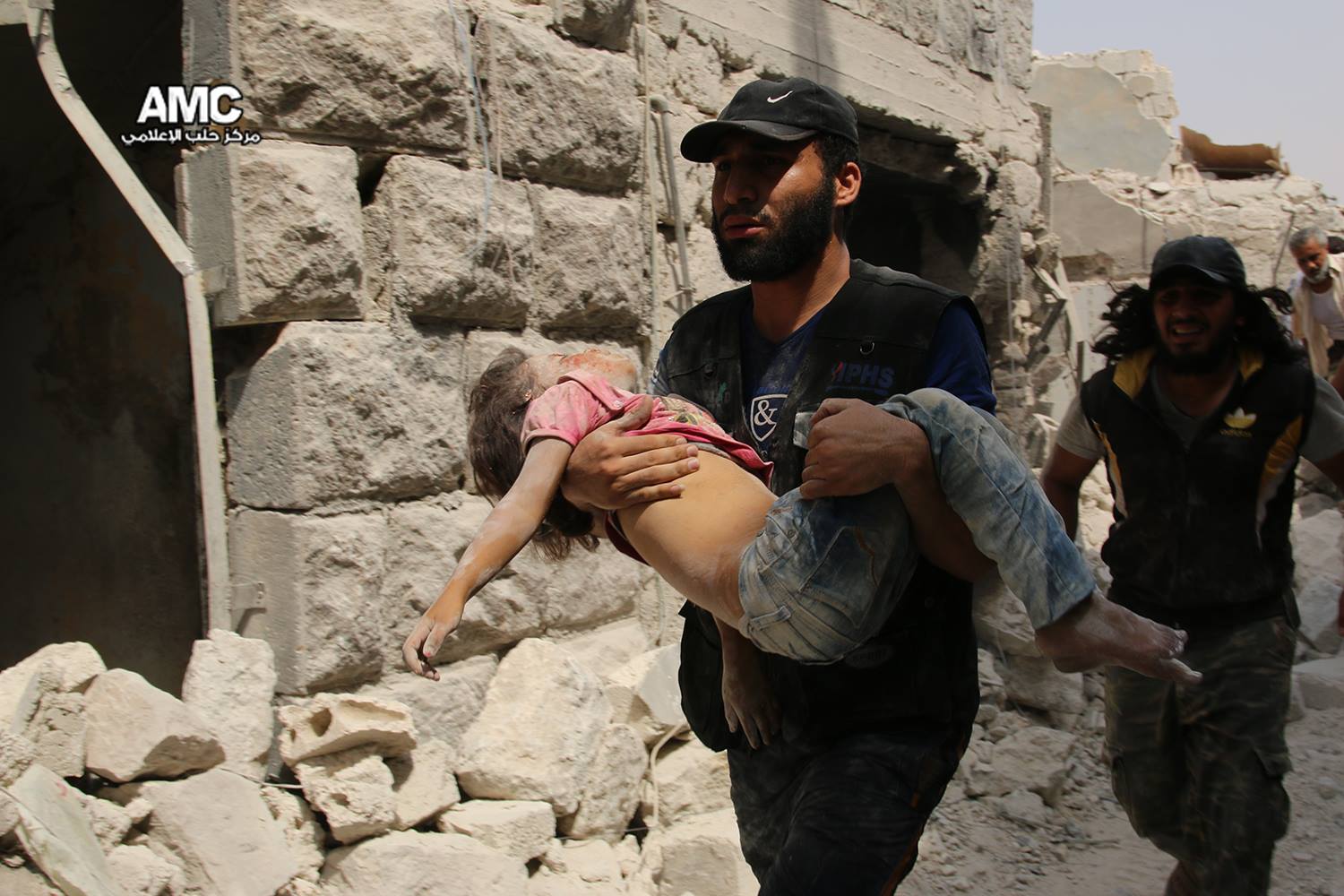
Iran-France joint economic commission’s meeting started in Tehran on Jan. 31, and witnessed signing new deals to boost the economic ties between the two powers and reassurances from France about more ease from the world towards Iran.
Barack Obama, The former US leader, was behind the historic Iran nuclear deal with P5+1 powers, agreed upon last year, which saw Tehran agree to amend its nuclear output in order to lift all nuclear-related economic sanctions, freeing up tens of billions of dollars in oil revenue and frozen assets.
After lifting the sanctions, Iranian president Hassan Rouhani visited Europe and made deals that worth billions of dollars. European companies started looking for investment opportunities in the growing Iranian market.
However, Trump’s election might change the whole game and threaten the development that was built in the past months.
Trump has said during his election campaign that the deal as “disastrous” and said it would be his “number one priority” to dismantle it.
These threats became clearer after Trump’s inauguration, as he signed an executive order temporarily barring thousands from seven countries in the Middle East and Africa, including Iran, from obtaining visas to travel to the United States.
But French foreign minister said during his visit to Tehran that France is committed to the deal and will defend it.
“I’m coming as the defender of the accord, but to be vigilant and explain that they (the Iranians) must be irreproachable,” Jean-Marc Ayrault told reporters after landing in Tehran.
“We harbor real concerns about the U.S. administration’s attitude towards this agreement,” he said.
Ayrault added it was imperative the Iran abide strictly by the conditions of the accord. He said it was in the “common interest” that all sides heeded the deal.
“This deal has to be rigorously kept to,” Ayrault said. “I want this deal to last and that no badly chosen initiatives are taken that could put the accord in jeopardy.”
New economic and academic
The French visit was planned to participate in a session of an Iran-France joint economic commission, which is slated to be held with the participation of the two countries’ officials. Some 50 French firms were said to participate in the forum on Tuesday.
The economic commission’s meeting started in Tehran on Jan. 31 with the presence of French foreign minister Jean-Marc Ayrault and his Iranian counterpart, Mohammad Javad Zarif.
The session is the first meeting of the joint commission after 17 years, aimed at boosting mutual economic, political and cultural ties, Trend’s correspondent reported from the event.
Zarif said the volume of Iran’s trade with France tripled after the nuclear deal and hoped there will be room for both countries to further increase their level of mutual trade.
Iran’s Mohammad Javad Zarif said during the press conference that the two sides had convened their first economic commission meeting, signing several agreement documents.
According to Zarif, the agreements included the areas of economy, science and technology, environment, aviation, rail transport, and money laundering.
The Iranian foreign minister also pointed out that the first car to be jointly made by Iran and France will hit the market in about one month.
Expressing happiness over the 2015 opening of France’s trade office in Tehran, the French foreign minister said the office is helping various Iranian and French companies to carry out business.
“It is important for us to support cooperation projects with Iran,” he said, adding, “After the [nuclear] deal we turned to a new stage. The agreement should be respected by France and the other parties that signed it.”
Ayrault further pointed out that Iranian and French universities have signed 17 MoUs, adding that France is after stronger academic ties with Iran.
“Long-lasting cooperation with Iran on railroads, ports, aviation and renewable energy is top on agenda for France, therefore we will pursue the agreements until there are put into practice.”
During Iranian President Hassan Rouhani’s historic visit to Paris in January last year, Iran and France signed a series of basic trade deals worth billions of dollars.
Major French corporations including planemaker Airbus (AIR.PA), oil major Total (TOTF.PA) and car companies Peugeot (PEUP.PA) and Renault (RENA.PA) have all signed contracts.
The French company Total signed a deal to further develop Iran’s part of the world’s largest gas field and avoided the US sanctions by financing the deal with euros, reflecting France’s interest in investing in the growing Iranian market despite the US’s threats.
Ayrault added that a deal between Turboprop maker ATR with IranAir for the sale of at least 20 aircraft was “practically sealed”, and that a contract with construction group Vinci (SGEF.PA) for two regional airports was also making progress.
However, Despite the sanction relief, including on banking restrictions, Iran continues to struggle to access Western finance, partly due to banks’ fears about penalties related to remaining U.S. sanctions.
Ayrault also sought to reassure Zarif over the potential return to Iran of major Western banks, which have hesitated for fear of possible U.S. fines if they do business with Iran.
“Some banks are reticent, but we are working on this,” Ayrault said.
The political part also witnessed new ties, as France promised to double visas for Iranians and ease the process of issuiing them.
“France wants to be able to allow a larger number of Iranians wishing to travel to France to ask for a visa in improved conditions,” the French minister said at the start of a visit to the Islamic republic.
“This project, which aims to double the number of visas currently issued for Iran, should take effect in the summer of 2017,” he said at the French ambassador’s residence in Tehran.



